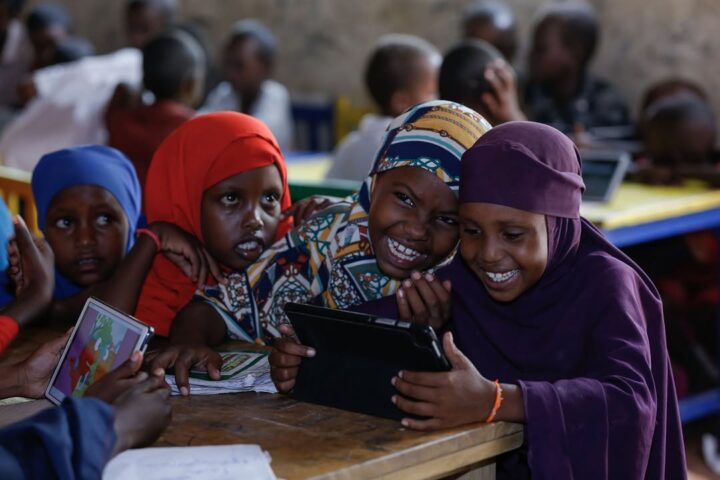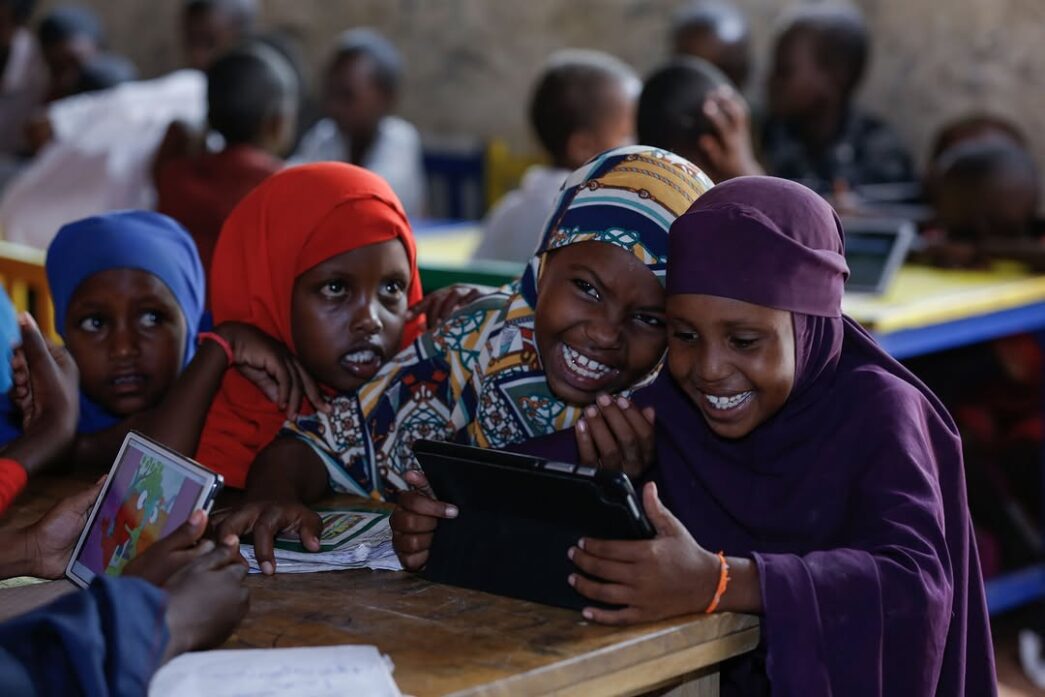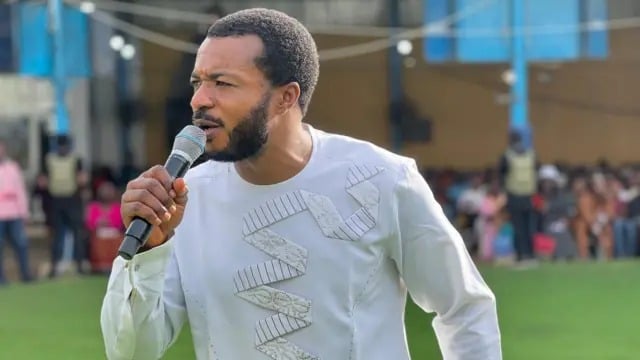BY VINCENT ASOGWA
The relevance of mother tongue in every society has never been and will never be a subject of debate. UNESCO has consistently advocated for mother tongue-based multilingual education, noting that children learn best in their first language, especially during the early years. Beyond cognitive development, the mother tongue strengthens a child’s identity, confidence, and sense of belonging. It carries cultural wisdom, traditional knowledge, and intergenerational connections. As the African proverb says, “A man who cannot speak his mother tongue is a slave in his own house.”
In many parts of the world today, especially across Africa, the cry is growing louder: “Our languages are dying!” But languages do not die like trees in a storm or animals in a drought. Instead, they fade slowly, not because of time, but because of silence. They fade because they are no longer spoken in homes, no longer sung in lullabies, and no longer whispered in bedtime stories. When we say a language is dying, we are, in fact, acknowledging that its speakers are either disappearing or refusing to speak it.
A closer examination of this crisis often reveals a surprising scapegoat: the schoolteacher. During Parent-Teacher Association (PTA) meetings and community forums, many parents accuse teachers of failing to promote indigenous languages in schools. Some go as far as claiming that teachers are responsible for their children’s inability to speak their mother tongue. However, this accusation lacks fairness and accuracy. The real questions we must ask are: Whose tongue is it—mother’s or teacher’s? Whose responsibility is it to preserve a child’s mother tongue—the teacher or the parent?
Advertisement
Let us begin by understanding how language is acquired. Studies in child development and linguistics show that over 80% of a child’s foundational language acquisition occurs within the home, particularly between birth and age five. At this stage, children learn primarily through listening, imitation, and social interaction—processes that are natural and most powerful within the family environment. The home is the first school, and the parents are the first teachers. It is here that language is not just taught but lived.
And yet, what do we find today? Parents send their children to school before the age of two or less in some situations in search of white-collar jobs or money, forgetting that you cannot eat your cake and still have it. They are consciously choosing to speak English, French, Portuguese, or other official colonial languages at home, often with pride. They believe, not incorrectly, that fluency in these global languages provides better access to education and economic opportunities.
Nevertheless, in the process, they abandon their native languages. They replace local idioms with foreign accents, traditional songs with foreign cartoons, and proverbs with imported slang. And when their children grow up unable to communicate with grandparents or understand community rituals, they turn around and ask, What are the teachers doing?
This is the heart of the matter. Teachers are not the first language instructors. They are not, and cannot be, replacements for parental language roles. The teacher’s job is governed by curricula, subject boundaries, national education standards, and time limits. A teacher of science or mathematics, for example, must cover specific content within a set period—content that is typically presented in the official language. Most textbooks, examinations, and educational materials are not even available in local languages. Even if teachers were willing, they simply do not have the tools or institutional mandate to promote mother tongues adequately.
Advertisement
For instance, in a typical school timetable, a student may take 10 to 12 subjects in a week. Out of these, perhaps only one or two periods are allocated to indigenous language instruction—if the school offers it at all. This means that for every hour of exposure to the mother tongue in school, the child hears five to ten times more English or another official language. That is not the teacher’s fault. That is the structure of the education system, a system designed for academic competition, not cultural preservation.
Other subject teachers, other than the language teachers, are often focused on delivering their assigned responsibilities, not the language. The same parents and society not only blame but also threaten the teacher any time their children fail to speak the desired foreign language fluently. What sin has the teacher committed that they are doing their job?
But then, what can be done? First, we must correct the narrative. Teachers are not the villains. They are not the cause of linguistic decline. Instead, they are often the last defenders of the mother tongue in formal settings. The real issue lies in the home, in the choices parents make, consciously or unconsciously.
Secondly, parents must recognise their natural responsibility in language preservation. It is not enough to enrol a child in a local language class. Language must be lived at home. Speak your language to your children daily, regardless of whether they respond in it. Comprehension comes before expression. Children may resist initially, but repeated exposure eventually leads to understanding and fluency.
Advertisement
A parent might ask, What if my child does not understand my language? The answer is simple: Keep speaking it. Repetition is key; it is a recognised formal method of teaching. Sing songs in the mother tongue, narrate folktales, use proverbs in everyday conversation, and ask older family members to converse with the child in the native dialect. Provide cultural materials—books, cartoons, radio programs, and music—in the local language. If you cannot find them, create them. Children learn language through immersion, not translation.
Ngũgĩ wa Thiong’o, a renowned Kenyan writer, says, “Language, any language, has a dual character: it is both a means of communication and a carrier of culture.” If we lose our language, we lose the vehicle that carries our stories, our songs, our ceremonies, and our collective soul.
Moreover, we must stop shaming or mocking children who speak indigenous languages. Too often, children are corrected or ridiculed when they pronounce local words imperfectly, causing them to withdraw. Instead, they should be praised for every effort, every attempt, and every new word learnt. Language should be a source of pride, not embarrassment.
Let us also resist the false belief that speaking a native language is a disadvantage. On the contrary, research from the World Bank shows that multilingual children often perform better academically, as they develop stronger cognitive flexibility and problem-solving skills. Knowing one’s mother tongue does not prevent success in global languages—it enhances it. The human brain is capable of mastering multiple languages, especially during childhood. Denying a child their mother tongue in the name of modernity is not wisdom; it is cultural amputation.
Advertisement
Finally, community leaders, schools, media, and policymakers must also play their part. But these efforts must begin at home. A teacher can only water the seed that the parent has planted.
In conclusion, the gradual disappearance of mother tongues is not a teacher’s sin; it is a parental failure. The most significant language instruction happens not in the classroom but around the dinner table, in family gatherings, during morning greetings, and during bedtime stories. If we are to save our languages from extinction, we must stop blaming the teachers and start holding ourselves accountable.
Advertisement
As the popular African proverb says, “The child who is not initiated into the village will burn it down just to feel its warmth.” If we do not initiate our children into the warmth of our language and culture, they will seek identity elsewhere, and we will have only ourselves to blame. The future of our languages lies not in the classroom but in the living room. Let us speak so our children may speak. Let us teach so they may carry the torch. And let us remember: every time we choose silence over our mother tongue, we take one step closer to forgetting who we are.
Asogwa is a lecturer at the Department of Agricultural Education and Extension, University of Eswatini. He can be reached via [email protected]
Advertisement
Views expressed by contributors are strictly personal and not of TheCable.











